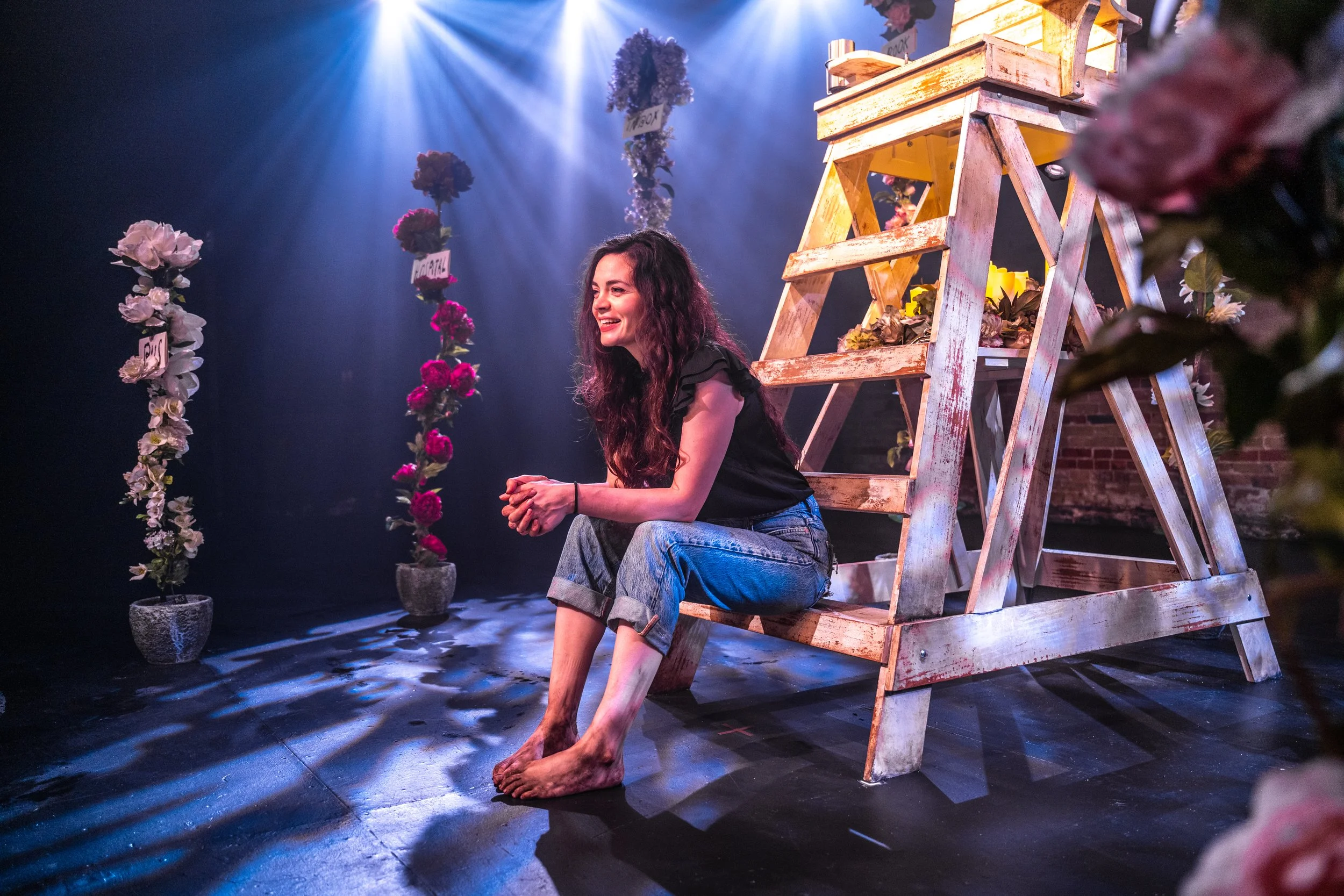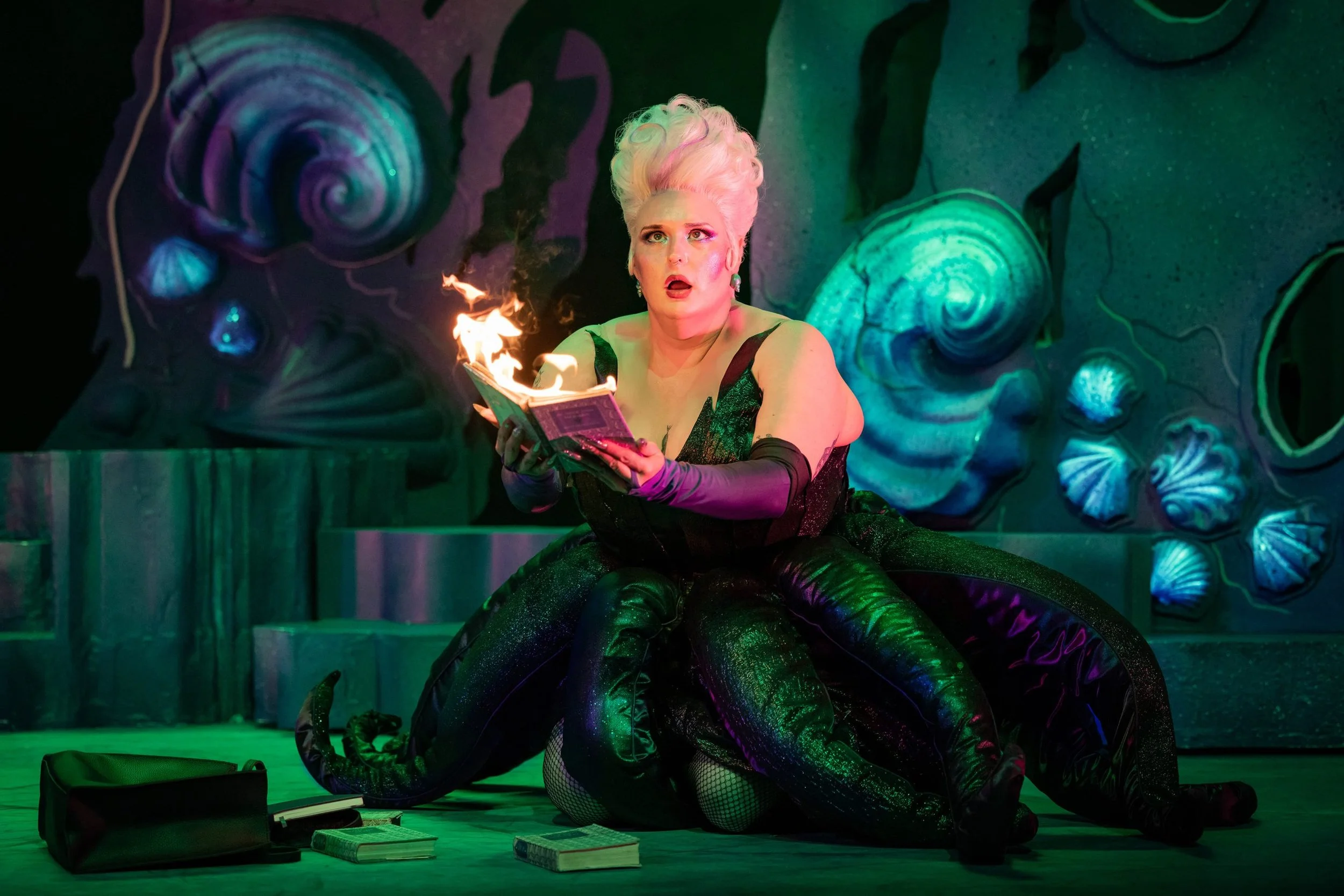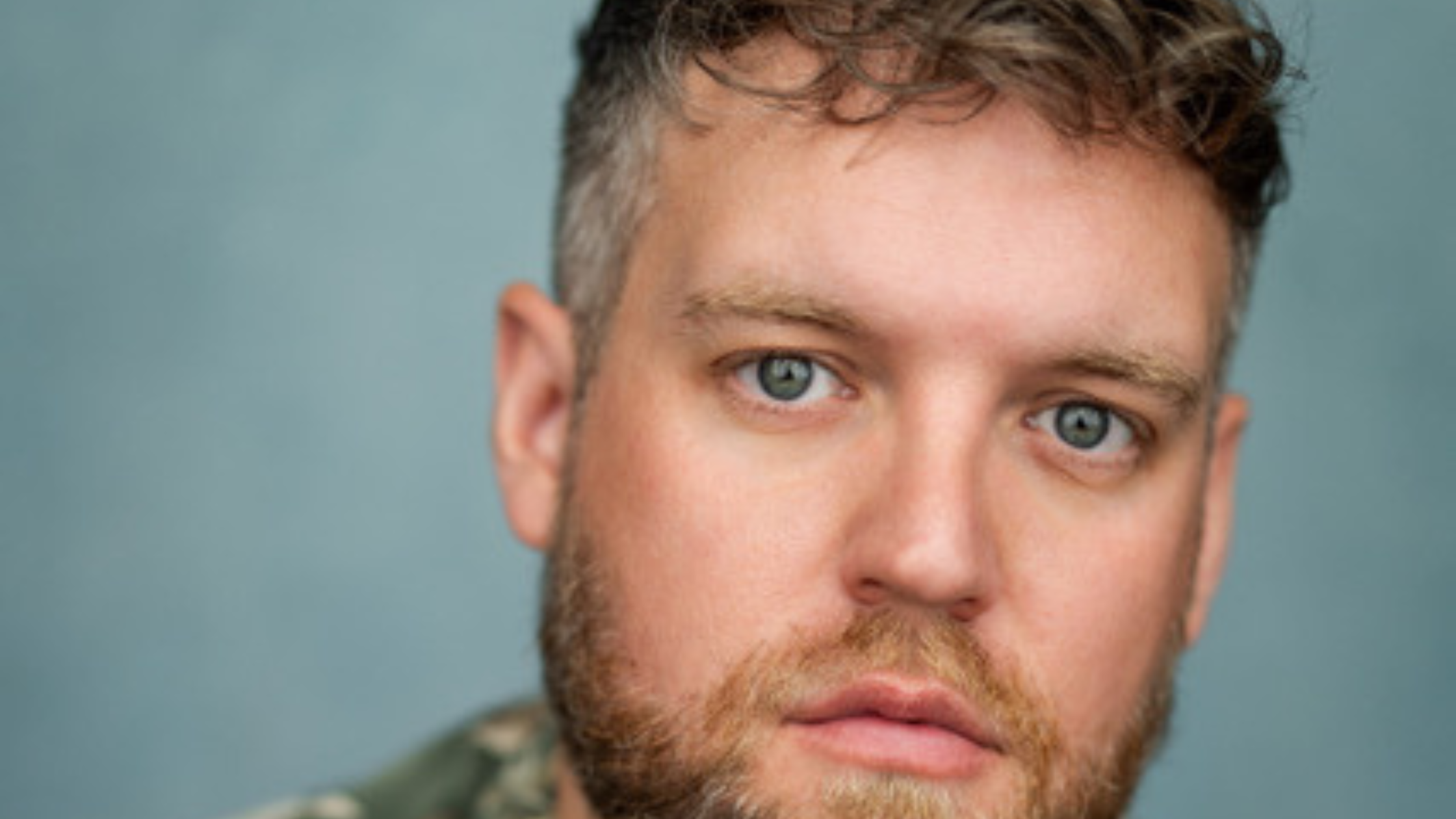INTERVIEW | Nikhil Parmar ‘Invisible’ Bush Theatre
Invisible returns to the Bush Theatre ahead of its New York premiere. Invisible is a hilariously dark story tracking one man’s desperate struggle to be seen as the hero of his own narrative. A new Bush Theatre commission written and performed by Nikhil Parmar.
We caught up with Nikhil ahead of its run at Bush Theatre.
Hey Nikhil, to begin with, can you tell our readers a little bit about your journey into theatre?
Although theatre wasn’t something I was particularly exposed to nor especially interested in as a child, once I moved to London for uni I made a concerted effort to see as much as I could, because I knew I wanted to be an actor and thought theatre was something I should cultivate an interest in. Soon enough I began to really love it, and now it’s something I do as much for my own enjoyment as I do for how it helps me workwise.
When did you discover you enjoyed writing your own work too?
I think I’d always quite liked the idea of writing but never made the effort to sit down and do it until my final year of uni, when I was offered the chance to write my student newspaper’s weekly anonymous satirical column. The column itself was pretty silly but the fact it forced me to write something funny for a few hours a week made me realise how rewarding I found the fact of having written something that might make people laugh, even if the process itself was difficult. So then when I started acting professionally, it wasn’t a big leap to start using the time between jobs to write scripts.
As a British-Asian actor has it been hard to develop and have your work seen in this industry?
I think the specifically difficult thing about being an Asian actor is how comparatively few opportunities there are for lead roles. It’s definitely getting better, and it’s also increasingly common for roles where race isn’t a decisive factor to be cast ‘colourblind’, but it still feels like we’ve a considerable distance to go.
Are there other examples of work like yours which you would definitely encourage people to see as well?
I wouldn’t dare say these things are like mine because they’re so good, but I loved Ryan Calais Cameron’s Retrograde at the Kiln. I suppose there’s an overlap with my play in that both explore race and, to varying degrees, acts of political revolution. I also have tickets to see my favourite play, Martin McDonagh’s The Pillowman, later this summer too – that play was a huge inspiration to me while writing Invisible, as both to my mind are fundamentally about the power, positive and destructive, of story.
Your piece Invisible is returning to Bush Theatre where it was commissioned last summer. What was the process of getting your work commissioned?
I submitted Invisible to the Bush in 2019 and was fortunate to be invited onto their Emerging Writers’ Group for the following year. It’s a paid year-long attachment where you meet monthly with the other writers and the Bush’s literary manager Dee O’Halloran, and eventually start developing your second play, which then gets a R&D at the year’s end. It was an amazing year during which I learned a huge amount about playwriting, and then once it was over the Bush very kindly asked if I wanted to do Invisible in the studio as part of their fiftieth anniversary season, to which I screamed an uncool, loud yes.
Can you tell us a little bit about Invisible itself, what it’s about and what people can expect from it?
Invisible is set in a world in which Islamic fundamentalism no longer exists and tells the story of Zayan Prakash, a British-Indian actor who starts to think that since white people stopped seeing brown people as The Threat, they stopped seeing them at all. Unable to get acting work because brown actors are no longer being employed to play terrorist parts (the only ones he could ever get), and amid several personal crises where he feels misunderstood and unseen, Zayan comes to the conclusion that life was better for brown people when everyone thought they were terrorists. So he comes up with a radical solution, which goes about as well as you might expect.
Where did the roots of this performance begin? Your solo show is centred around an ‘under-employed actor’, were there similarities in your own story or is it an entirely fictional character?
The inspiration for the idea came from an off-the-cuff joke I made about how screwed my career would be if Islamic fundamentalism ended tomorrow, and brown actors could no longer play terrorists. It was a joke, obviously, but as soon as I said it I immediately wondered what sort of desperation and pain a person would have to be in to genuinely believe that the end of terrorism was a bad thing, which led to the creation of Zayan, and the story of invisible. So it was drawn very much from my own fears, but he differs from me in that what I joke about, he truly thinks.
What themes do you touch upon in this production that people may not realise from reading the short synopsis?
At its core, invisible is about the power of story and our primal need to see ourselves in them. Zayan is a person who has rarely seen himself in stories – and when he has, he is the baddie. Then, even those stories are taken away from him, as brown people are no longer allowed to be even be baddies – leaving him with no choice but to write his own. And having only ever seen himself as the antagonist, it feels natural to him to fall back into this role.
Invisible was originally written as a TV pilot, do you think it would have translated completely differently on screen than what audiences will see on the stage? If so, what are the least obvious differences you think people would take from it?
I’ve actually been adapting the play back into a TV series recently with a great production company, which has been a lot of fun. The main difference between the TV and theatre versions is that on-stage, the whole world of the show and all the characters in it are simply projections described by Zayan. On-screen, you actually get to see the world and meet the characters. This required not only a lot of fleshing out but also some key changes, to ensure that each character no longer felt like components in Zayan’s story but also main characters in their own, which the TV audience will need to feel a sense of in order to buy that the world we have created is real.
You also have this exciting New York premiere as well - what are you most looking forward to when it heads over there and what opportunities do you hope it leads to?
I can’t wait to take the show to New York, I’ve always wanted to do a play there so to get to take my own is going to be an amazing experience. I’m slightly nervous to see how the show translates but aside from that am most excited about eating my body weight in food every day, to assimilate.
Before it heads to New York though - why should book come and see Invisible?
In my admittedly biased opinion, people should see Invisible because it’s a moving story about a funny guy going through an unfunny thing, and even if you hate it, there’s one bit where I do a big comedy pratfall which if you don’t laugh at that then I will personally refund you. And, most importantly, in a world full of three-hour films and four-hour plays and fifteen-hour miniseries, my play is just one single tiny hour, which is the part of this whole thing that I’m most proud about.
'Invisible' is at the Bush Theatre, 23 May - 9 June. Tickets can be booked at bushtheatre.co.uk




